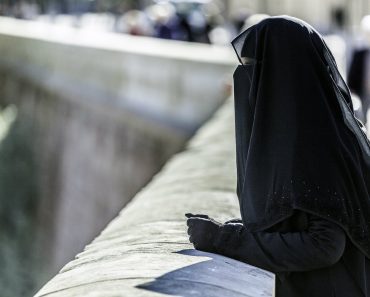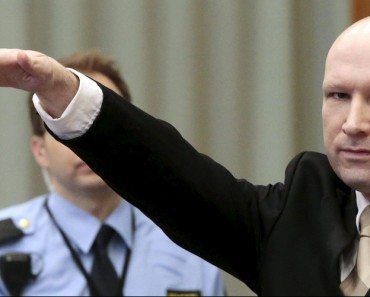
Photo: The Washington Post
Malaysia on Monday approved a law against “fake news” that would allow for prison of up to six years for offenders. This move is shrugging off critics who say it was aimed at curbing dissent and free speech ahead of a general election.
Led by Prime Minister Najib Razak, the Anti-Fake News bill passed in parliament today despite opponents who had criticized the bill for possibly impeding free speech and attempting to censor the prime minister’s involvement in a multibillion-dollar scandal.
Does the Punishment Fit the Crime?
A draft of the bill had specified a prison sentence of up to 10 years as punishment, but the government toned it down to six in the finalized version, as reported by Reuters.
Fake news cases will be handled by an independent court process. Violators could even include those outside of Malaysia as long as they’re writing about the country or its people.
The Malaysian law defines fake news as “news, information, data and reports which is or are wholly or partly false.” News includes stories, video, and audio content.
Malaysia is one of the first countries to implement a statewide ban on fake news that punishes the party that publishes the offending content. All around the world, countries are grappling with how to deal with the spread of harmful content or misinformation in their nations.
Last year, Germany introduced a plan that fined social media platforms if they didn’t remove posts that included hate speech. Regulators from the Philippines had been debating how to deal with fake news in their own country but said in February that banning fake news outright would be unconstitutional.
Meanwhile, Facebook CEO Mark Zuckerberg admitted in an interview today that the company did not do enough to prevent the spread of sensational anti-Muslim and anti-Rohingya messages on its Messenger platform.
OTHERS CONSIDER LAWS
Other countries in Southeast Asia, including Singapore and the Philippines, are considering how to tackle “fake news” but human rights activists fear that laws against it could be used to stifle free speech.
Malaysia is among the first few countries to introduce a law against it. Germany approved a plan last year to fine social media networks if they fail to remove hateful postings.
Malaysia already has an arsenal of laws, including a colonial-era Sedition Act, that has been used to clamp down on the unfavorable news and social media posts.
News reports and social media posts on a multi-billion dollar scandal at state fund 1Malaysia Development Berhad (1MDB) have hounded Prime Minister Najib, who faces arguably his toughest contest in a general election this year that could be called in days.
Najib has denied any wrongdoing in connection with losses at the fund.
A deputy minister was quoted in media last month as saying any news on 1MDB not verified by the government was “fake”.
Lim Kit Siang, a senior opposition lawmaker with the Democratic Action Party, described the bill as a “Save Najib from 1MDB Scandal Bill” which would criminalize news on the affair.









